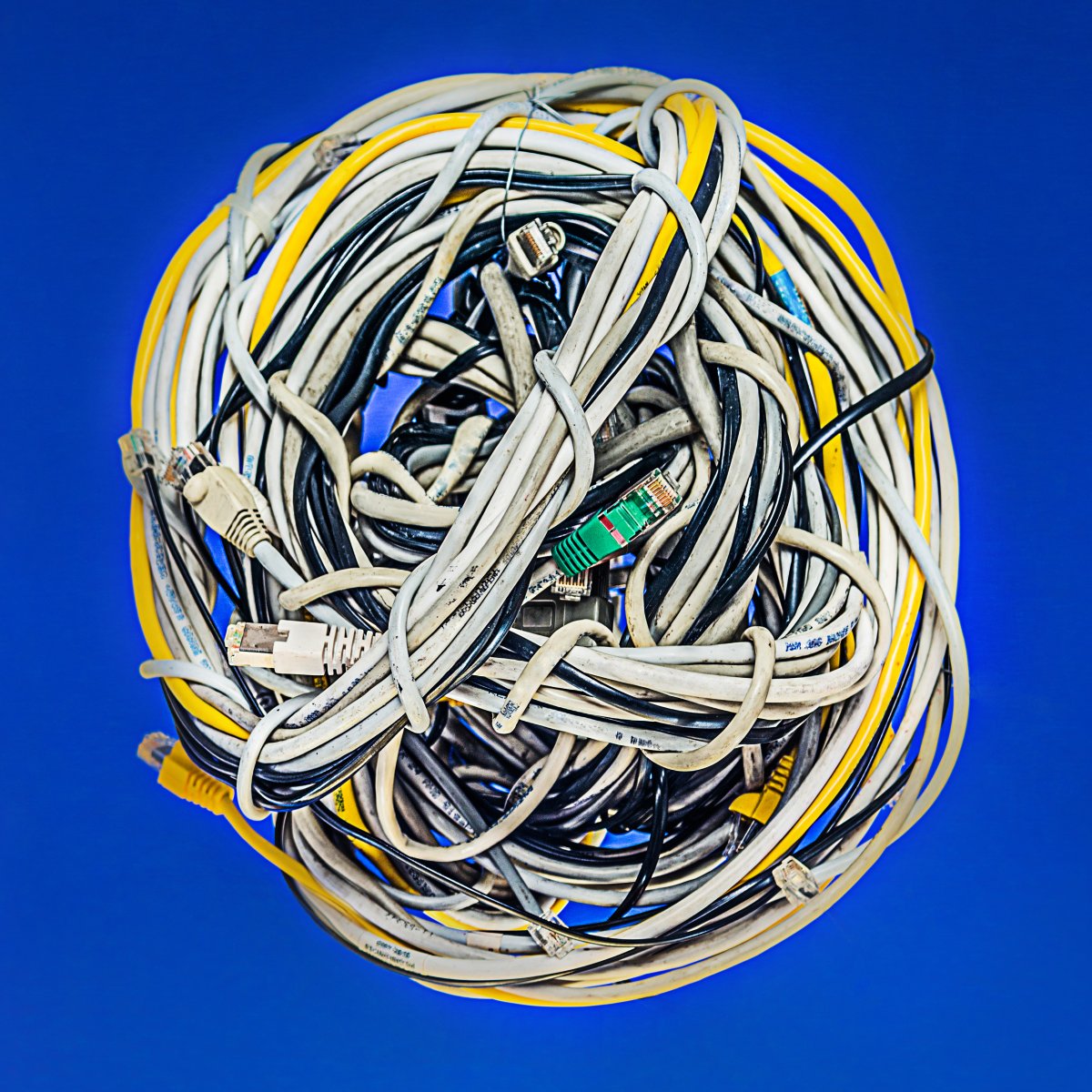<!-- wp:gutenberg-custom-blocks/featured-media {"id":4886379,"url":"https://api.time.com/wp-content/uploads/2017/07/gratitude-horizontal1.jpg","caption":"","credit":"Jessica Pettway for TIME"} -->

<!-- /wp:gutenberg-custom-blocks/featured-media --><!-- wp:paragraph -->
The following story is excerpted from TIME’s special edition, The Science of Happiness, which is available at Amazon.
Happiness Guide
<!-- /wp:paragraph --><!-- wp:paragraph -->
I felt several flashes of gratitude today, and it wasn’t even Thanksgiving or Ben & Jerry’s Free Cone Day. First my husband, Dave, got me iced coffee without my asking. Then my 8-year-old presented me with a handmade Rainbow Loom bracelet. And my new comforter felt amazingly soft and luxe when I fell into bed at night. Ahh . . .
<!-- /wp:paragraph --><!-- wp:paragraph -->
As I grow older, I’m getting more appreciative of the people and creature comforts that make me feel loved and contented. One study estimated that for every 10 years of life, gratitude increases by 5%. And that, the research suggests, is beneficial to our bodies and minds: People who are regularly grateful—who acknowledge the goodness in life and the sources of it—are generally healthier and happier.
<!-- /wp:paragraph --><!-- wp:paragraph -->
“When people are grateful, they feel more alert and alive,” says Robert Emmons, a professor of psychology at the University of California, Davis, and the author of Gratitude Works! “The expression of gratitude is important, too—it strengthens relationships.”
<!-- /wp:paragraph --><!-- wp:paragraph -->
Perhaps like me, though, you find your bursts of thankfulness to be just that: fleeting thoughts that quickly dissolve in the chaos of the day. Between our busy lives and the bigger stressors we’ve been facing, it’s no wonder our country suffers from gratitude deficit disorder, as Emmons calls it. Still, this is one problem that’s very curable.
<!-- /wp:paragraph --><!-- wp:heading -->
Feel the love
<!-- /wp:heading --><!-- wp:paragraph -->
Don’t worry if you’re a cynical grump. “Gratitude is the most changeable character strength because it’s about mindfulness—something anyone can do,” says Giacomo Bono, an adjunct professor of psychology at California State University, Dominguez Hills. Studies show that while genetics account for half our happiness level, the other half is under our everyday control. “The benefits can be almost immediate,” Emmons says.
<!-- /wp:paragraph --><!-- wp:paragraph -->
There can be long-term health payoffs too, according to some research: lower blood pressure, a stronger immune system, better sleep and fewer bouts of depression. This is mainly because appreciating life buffers stress, so we’re less likely to fall prey to its perils.
<!-- /wp:paragraph --><!-- wp:heading -->
Post it!
<!-- /wp:heading --><!-- wp:paragraph -->
Emmons suggests putting sticky notes around the house about what you’re happy for: little things (“That plumber was awesome to come over last night to fix the leak”); big things (“12 years of marriage and we’re still going strong”); little-big things (“The kids’ freckles are so cute”). It may feel silly to write notes to yourself, but it is nice to come upon them.
<!-- /wp:paragraph --><!-- wp:heading -->
Care deeply for stuff
<!-- /wp:heading --><!-- wp:paragraph -->
You get the most bliss from feeling gratitude for people and experiences rather than things, Emmons points out. That said, whether it’s your new TV or the dress or suit you bought on sale, consider how objects add value to your life. Does the new outfit makes you feel slim and confident? Does the TV have a better resolution, perfect for your queue of documentaries (or, hey, comedies)?
<!-- /wp:paragraph --><!-- wp:gutenberg-custom-blocks/inline-image {"id":4886817,"url":"https://api.time.com/wp-content/uploads/2017/08/timescienceofhappiness_cover1.jpg?quality=85\u0026amp;w=560","caption":"","credit":"","mediaSize":"portrait_small_2x","width":560,"height":761} -->

<!-- /wp:gutenberg-custom-blocks/inline-image --><!-- wp:heading -->
Record your appreciation
<!-- /wp:heading --><!-- wp:paragraph -->
Psychologists pretty universally recommend keeping a gratitude journal (research shows that people who do so routinely are up to 25% happier than those who don’t), whether it’s in a notebook once a month or on your iPhone every morning. So I try to do this twice a week, and when I reread what I’ve journaled, it’s impossible not to think: I am a lucky woman.
<!-- /wp:paragraph --><!-- wp:heading -->
Count your blessings
<!-- /wp:heading --><!-- wp:paragraph -->
The challenge, of course, is keeping good feelings going when life isn’t so great. Enter the Bailey effect, named after the character in It’s a Wonderful Life who sees what the world would have been like had he never been born. This strategy works well for some people. Imagine for instance you are stuck on a train en route to work. When you consider how hard life would be without a train—a reality for some people after Hurricane Sandy, for instance—the commute is more bearable.
<!-- /wp:paragraph --><!-- wp:heading -->
Show the love
<!-- /wp:heading --><!-- wp:paragraph -->
Feeling gratitude is only half the equation—you need to express it to others in order to get the full benefits. You probably say thank you as much as the next decent person, but could you take more time to show it?
<!-- /wp:paragraph --><!-- wp:heading -->
Dole out thanks daily
<!-- /wp:heading --><!-- wp:paragraph -->
Charity begins at home, and I can’t think of a more appreciation-deprived person than my husband. That’s bad news, because expressing gratitude is key to a strong relationship, says sociologist Arlie Hochschild: “Give immediate feedback. He chopped the onions? Great! Straightened the newspapers? Thanks!”
<!-- /wp:paragraph --><!-- wp:paragraph -->
I start sprinkling more kudos into Dave’s days. I text, too, stealing a tactic from my pal Cindy, who once gushed to her spouse: “Tx for cleaning up the cat puke have a good day.”
<!-- /wp:paragraph --><!-- wp:paragraph -->
It’s hard to resent your partner when you are focused on praising him. One day, when I say, “Thanks for picking up the kids!” he responds, “Thanks for noticing, lovey-love. I try.” I can’t remember the last time he called me “lovey-love.”
<!-- /wp:paragraph --><!-- wp:heading -->
Share details
<!-- /wp:heading --><!-- wp:paragraph -->
“Being personal and specific about gratitude is more important than expressing lots of it,“ Emmons notes. After a friend forwards along info about an event, I tell her I appreciate how she always gets us to go out. “I wish we could hang out more, ” she says, and suddenly we’re having a more intimate and friendship-supporting conversation.
<!-- /wp:paragraph --><!-- wp:heading -->
Write a letter
<!-- /wp:heading --><!-- wp:paragraph -->
Penning a note helps us reflect on people’s goodness and shows recipients how adored they are. Many researchers suggest you write the letter by hand and deliver it in person if you can. (Mail is also fine, of course.) The act of putting pen to paper can have a profound effect on the sender—and the recipient.
<!-- /wp:paragraph --><!-- wp:paragraph -->
As with the previous tip, be sure to be specific. For instance, when I wrote a gratitude letter to my mother, I detailed her kindness and generosity toward a neighborhood kid, Peter, whose parents were not around much. Mom called a few days later. “You got the letter?” I asked. “I did!” she said. “I don’t think his name was Peter.” We debated this until I couldn’t take it anymore. But on my next visit, I saw she’d taped it to a kitchen cabinet. And she didn’t say one word about what’s-his-name.
<!-- /wp:paragraph -->

